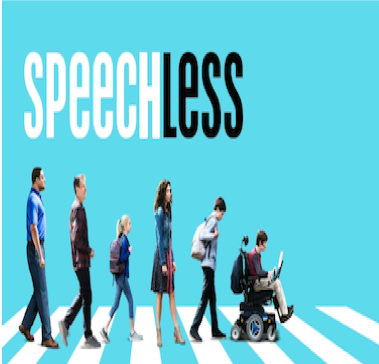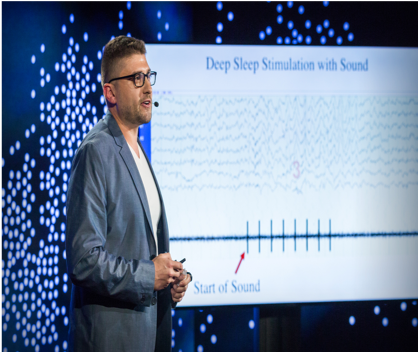Commonality in Communication
By Becky Mercuro, SPT
Congratulations to Northeastern University Doctor of Physical Therapy Program graduate student, Becky Mercuro, finalist in the inaugural physical therapy essay contest, co-sponsored by the ACAPT Consortium for the Humanities, Ethics, and Professionalism (CHEP) and JHR! This writing competition is designed to encourage deep thinking by students about the role and value of humanities, ethics, and professionalism in academic training and professional life. The first in an annual series, the CHEP-JHR essay contest offers a creative opportunity to ignite critical reflection in PT students across the nation to support holistic approaches to patient care. This year’s prompt centered around the importance of getting to know our patients as individuals and creating a meaningful connection as a critical component of excellence in clinical practice. Students were asked to “write about a time when learning a non-medical piece of information led to an improved healthcare outcome and/or patient experience.”
“No puedo usar mi brazo” stated María with insecurity, describing her inability to reach without pain. A supervising therapist requested my assistance for a patient speaking Spanish with a rotator cuff injury. The hospital typically defers to phone translators for outpatient therapy follow-ups, but this woman was not progressing as predicted and my therapist was curious whether María had adhered to the suggested home programming or if there were other extrinsic factors. She positioned herself on the plinth with one arm guarded and her hair braided clumsily towards the side. “This is our student, Becky. She is going to help translate today.” The patient’s eyes darted towards me without full comprehension. As soon as I began speaking in Spanish, her face lightened with relief as she delightedly teemed with full phrases in her native tongue. The therapist knew that the patient fell and injured her shoulder in attempts to catch herself, but conservative treatment had been moving slowly due to excessive pain and fear avoidance. A month of therapy indicated for the conduction of a re-evaluation progress note, which is where my language minor became helpful. When calling a phone translator, the therapist normally dictates a question or request, which is then communicated to the patient and back to the therapist. Though it should not be the case, utilization of this service often leads to paraphrasing, with key bits of information falling through the cracks. The therapist hoped that bringing me in as an assistant provider could help pinpoint where our plan of care was failing the woman.
I questioned the patient about aspects of her living that elicited pain or discomfort. Her symptoms were characteristic of her injury- issues reaching overhead and lack of strength with the inflicted arm. “Hay cosas que no se puede hacer?” I asked, with her then revealing that with her condition it became extremely difficult to care for her son. Throughout the interview, I learned that her son was disabled and required her full support, so they immigrated to the United States in efforts to improve his resources and care. She lived alone with him and lacked any additional assistance in his daily care. As her son’s caregiver, she rarely discussed or tended to her own medical issues. However, this shoulder injury became problematic in the proper care of her child. The therapist prompted me to further explain the condition of the injury, along with the importance of balancing protection and range of motion to regain function. The patient became much more receptive to this information as we continued the session, and I reiterated the instruction for her home program. As she finished the session and ended on ice, I took the time to sit with her and simply talk. She told me about her life in her home country, and how she had no family in America apart from her son. I complimented her braid, and with a huge smile she exclaimed how she always loves to style her hair, but has struggled with her shoulder injury. We chatted about strategies to still have a fashionable hairstyle, and she showed off her flower clips with which she adorns her braid.
As the patient returned week to week, I joined each session to provide an encouraging face and familiar language. She would show off her exercises and progress, and I would tell her fun stories while inquiring about her status. Our discussions about taking care of her son and braiding her hair did not unveil any significant medical pathology or save her life, but did provide her with a safe place to express her worries and hope to heal. Each time I collected her from the waiting area for an appointment, the substantial grin on her face would grow even grander as I greeted her with a familiar “hola.” The content of our continued small talk was of little importance. Rather, the simple fulfillment of a personal exchange in María’s common tongue personalized our patient-caregiver relationship and prompted her adherence to therapy. She continued with marked improvement through the endpoint of my co-op experience, and I was grateful that I could provide my patient with a sense of home and reliability to rekindle her rehabilitation. In the two years since this encounter I still strive to connect with patients beyond a medical diagnosis to promote a positive healing environment and provide optimal therapeutic care.








 Member since 2019 | JM14274
Member since 2019 | JM14274


NO COMMENT